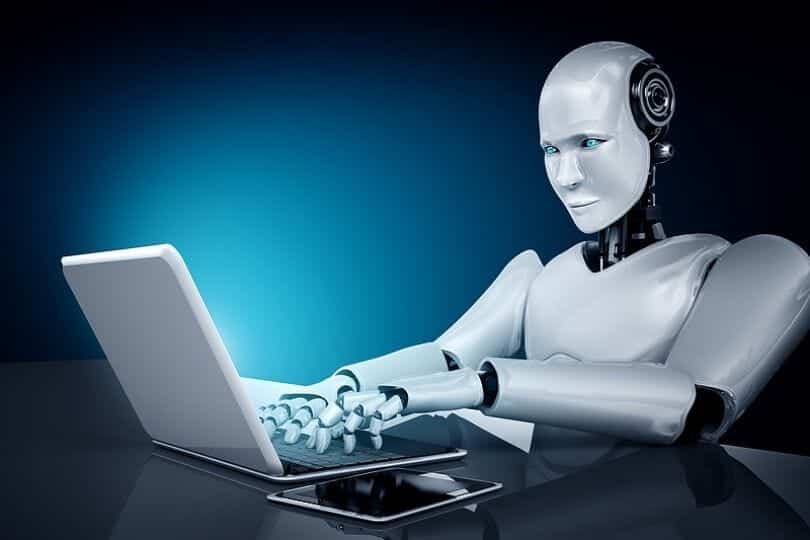Artificial intelligence continues to be a hot topic in tech, making its way into global headlines and everyday office operations. The adoption of AI-driven algorithms is rapidly growing, with a survey by IBM reporting that 42% of enterprise companies have integrated AI into their business workflow. This widespread deployment of AI is reshaping various sectors, including the software development lifecycle (SDLC). Let’s explore how AI impacts different stages of the SDLC.
Accurate Resource Estimation
Software development begins with thorough project planning, which includes understanding customer pain points, cost estimation, setting deadlines, creating roadmaps, and allocating resources. AI consulting algorithms analyze vast amounts of data to help development teams decide on features, estimate timeframes, and assign skills to tasks effectively.
Design and Prototyping
Designing software architecture and user interfaces is a critical step that defines the structure and user experience of AI applications. AI tools, utilizing machine learning and data analytics, can provide personalized design recommendations based on user preferences. In prototyping, AI-enhanced tools can generate code snippets and UI elements automatically, accelerating the iteration process.
Assistance in Development Stage
One transformative aspect of AI in the SDLC is the automation of code generation. AI-driven coding automates repetitive tasks, allowing developers to focus on more complex goals. While AI can generate code, it will not replace human developers, highlighting the need for developers who can effectively collaborate with AI.
Software Testing and Quality Assurance
AI-driven testing offers developers opportunities for automation, reduced testing time, and cost savings. AI tools can predict critical test cases, identify potential failures, and prioritize testing efforts, enhancing the effectiveness of testing processes. Similar to AI-powered coding, AI in testing complements human testers rather than replacing them.
In conclusion, AI has a multifaceted impact on the software development lifecycle, spanning all key stages of software building. AI presents opportunities to streamline processes, reduce costs, and accelerate time-to-market. Successful integration of AI into software development requires technical expertise, strategic planning, and continuous learning to adapt to evolving AI capabilities.
For businesses looking to leverage AI solutions in software development, the S-Pro team offers tech specialists who understand the needs of tech leaders and can help transform businesses with innovative AI solutions.


